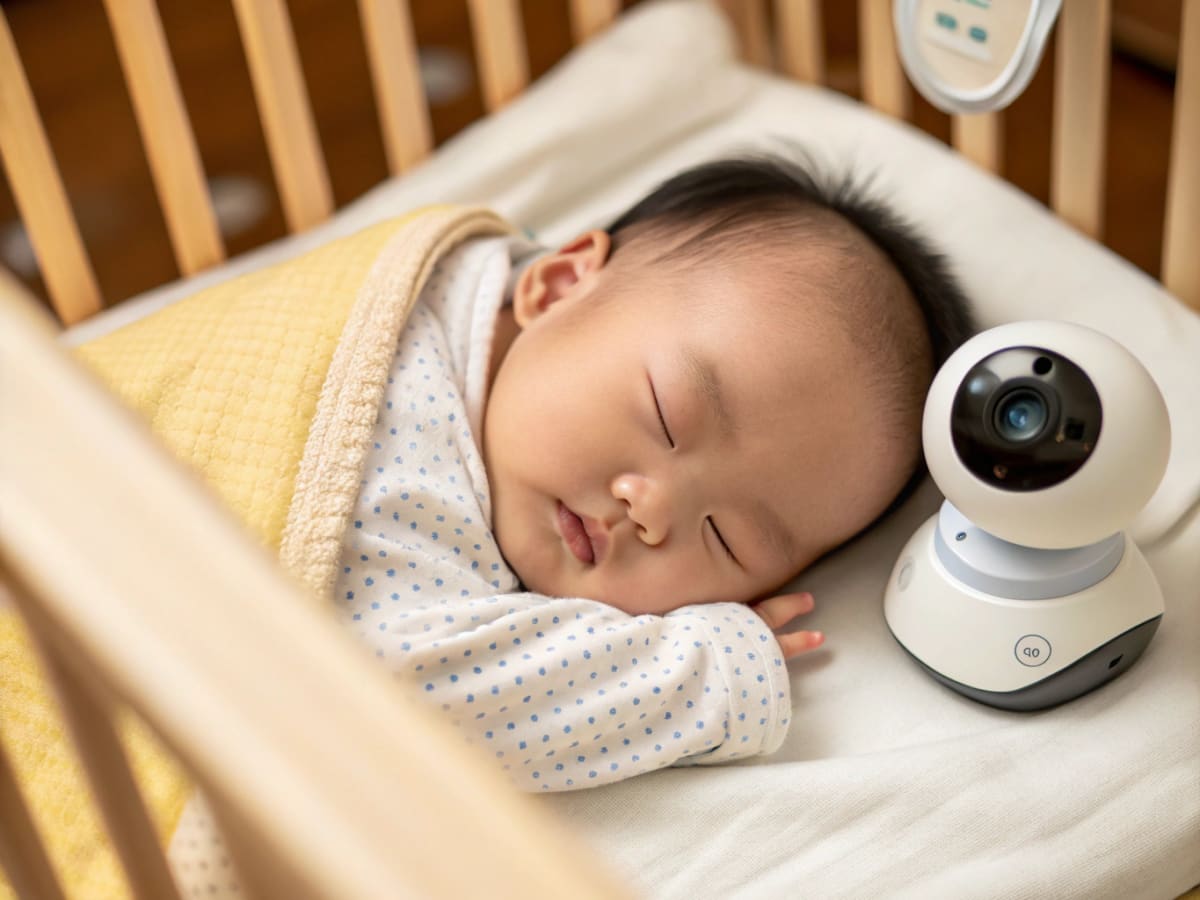Is Watching TV with Your Baby Okay? Expert Advice for Parents
The heart of every parent raising a lovely baby is the same. The desire for our child to grow up healthy and upright. But parenting is always a series of new challenges. Especially as digital devices have become deeply embedded in daily life, many parents are concerned about baby TV watching. It can sometimes help focus the child temporarily, and there are situations when you have no choice but to turn on the TV.
Is it okay for our baby to watch TV? What advice are experts giving? Through this article, we will provide practical information for wise parenting alongside media utilization methods suitable for the baby’s developmental stages. Let’s find the path together to alleviate parents’ worries while aiding the healthy growth of your child.

What Impact Does Media Exposure Have on Baby Development?
Babies’ brains experience explosive growth during the first three years of life. At this time, they learn about the world through interactions with their surroundings and develop cognitive abilities and social skills. Stimuli through sight and hearing, as well as hands-on experiences using all five senses, are crucial during this period.
Experts recommend avoiding media exposure such as TV and smartphones for babies under one year old. Exploring by walking, touching, tasting, and smelling is far more effective for brain development. Since media only provides one-way stimuli, it can reduce opportunities for the child to react and interact directly. This may lead to delayed language development or reduced concentration.
Age-Based Baby TV Watching Guide: How Should We Approach?
The American Academy of Pediatrics (AAP) and various parenting expert groups provide media viewing guidelines based on the child’s age. Plan an appropriate media use strategy for your child based on these guidelines.
-
Under 18 months: It’s best to avoid media exposure as much as possible. Unless it’s an interactive situation with the parent, like video calls, it’s advisable to refrain from screen use. Parental warm eyes, voice, and physical touch are the best nutrients for development at this age.
-
18-24 months: Limited media exposure is allowed only if the guardian watches together, explaining onscreen content or asking questions, promoting interaction. Simply watching holds little value. For instance, when an animal appears on TV, saying, “Roar! A tiger!” or “Woof! A dog!” and interacting with the child is crucial.
-
2-5 years: Limit to within 1 hour a day, choose educational and high-quality content, and make sure watching is with a parent. It should be a time when the child discusses and questions with the parent, developing media literacy skills. Setting rules to prevent excessive media immersion is also essential.
Realistically, if eliminating TV watching is difficult, focus on ‘how to show.’ Select educational content instead of mindlessly turning on the TV, limit viewing time, and interact with the child during viewing. Parents should actively intervene so the child uses media as a tool for learning and exploring new things.
Parenting Dilemmas in Reality: Smart Alternatives for Parents’ Peace of Mind
Even knowing TV watching isn’t great for babies, sometimes parents are exhausted or need to do other tasks. The desire to see your child safely playing and take a breather is understandable. During these times, there are smart alternatives that provide parents with peace of mind while ensuring the child’s safety and fostering a healthy parenting environment.
Reducing TV watching and finding alternatives is equally important as ensuring the child’s safety when not in the parent’s view. Anxiety about whether a sleeping baby is safely continuing their sleep or not in a dangerous situation is common. Particularly after the baby falls asleep, when doing house chores or having personal time, constantly checking the baby can make parents’ daily lives busier. In such cases, a baby camera can be an intelligent tool to alleviate parental burden.
TV watching isn’t necessary for babies, but if unavoidable, focusing on ‘how to show it’ is crucial. Understanding child development and adding parental warm involvement allows for healthy media usage.
Need parenting tips? Join MOM-i, offering a warm gaze for both parents and children. If you have any questions or need assistance, feel free to contact us anytime.
The first choice for your precious baby, MOM-i Baby Camera!
24/7 real-time monitoring provides peace of mind anytime, anywhere~
The sensor-equipped crib camera is your child’s most reliable watchful eye.
Email inquiries: momi@emtake.com